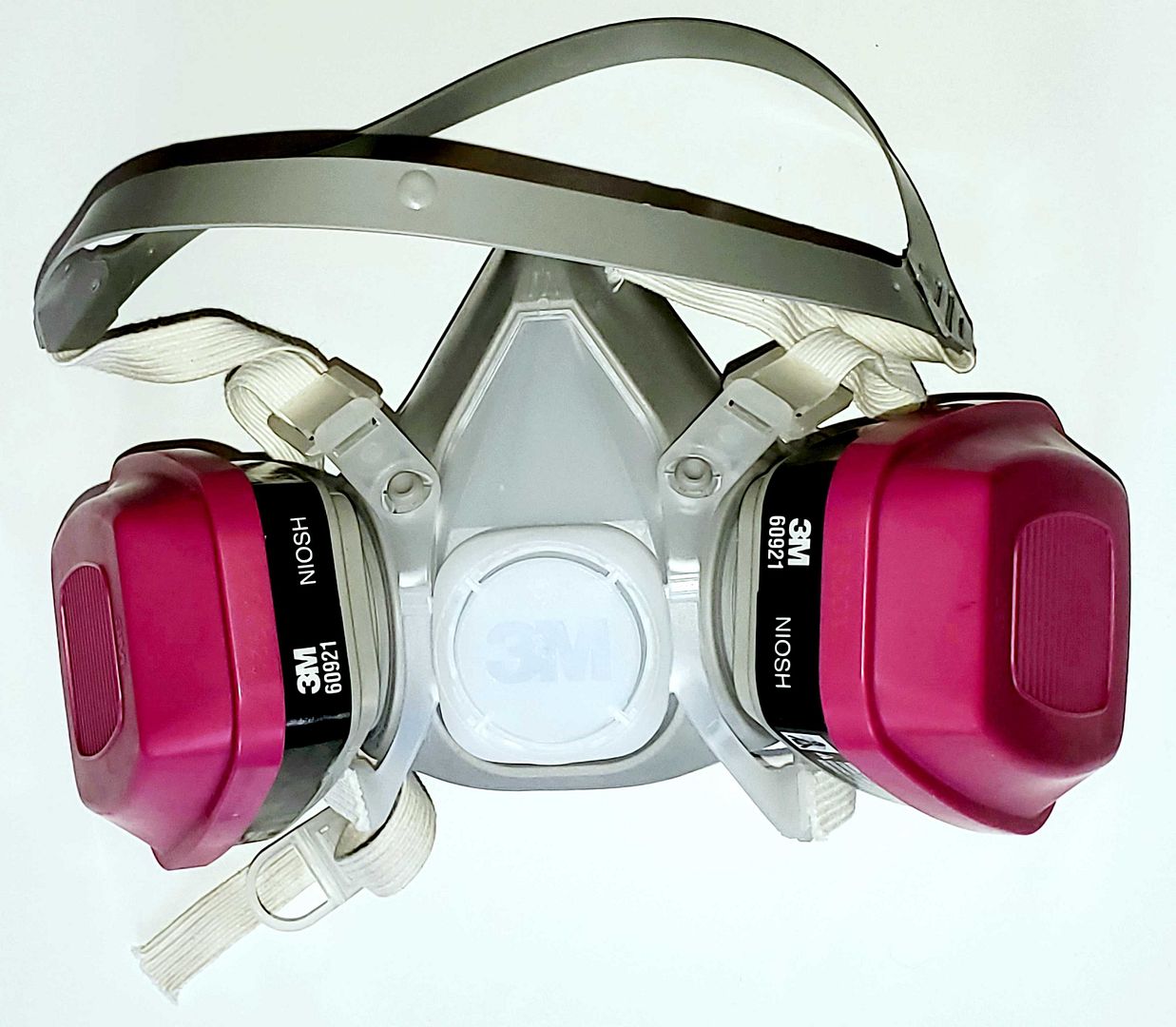P100 PSA
If I understand, a well fitted P100 mask might increase the covid-safety of activities by a factor of about a hundred (though note well fitted, and I’m unclear on how hard it is to fit them perfectly, or on how good they are if not—I treat it as a smaller factor).
For instance, from microcovid.org:
-A P100 is even better. Since P100s are generally not used in medical settings, there isn’t the sort of research that would let one state a protection factor under typical use with any kind of confidence. One study found P100s to filter out a virus aerosol at their stated 99.97% filtration efficiency, but at those levels your risk probably starts to be dominated by previously-small effects like surface transmission and getting virus in your eyes. We think that under ideal conditions, the risk reduction with a P100 might plausibly be as high as 100x compared to no mask, but we’re really not sure.
(Note that the study they cite is not about covid in particular.)
A factor of a hundred makes many otherwise fraught activities fairly innocuous, e.g. going on a plane scaled down by a factor of a hundred would seem to be much safer than going to a supermarket. I have been treating it as a much smaller factor than a hundred due to pessimism about my wearing the mask correctly, and uncertainty due to my limited research on this, but still, it’s hugely helpful.
Furthermore, P100 masks cost $30-$100 and are designed to be reused a lot of times. You can currently buy the GVS Elipse, recommended by microcovid.org and also me, on Ebay.
Other interesting notes, from microcovid.org:
-P100s are easier to test the seal on. You can search for online training on how to do this. -Note that P100 respirators typically have an outflow valve, meaning they provide minimal protection to others from you, so if you take this route, you should at least cover the outflow valve with a surgical mask.
 A p100 mask
A p100 mask
[Various edits 27 Oct 2020]